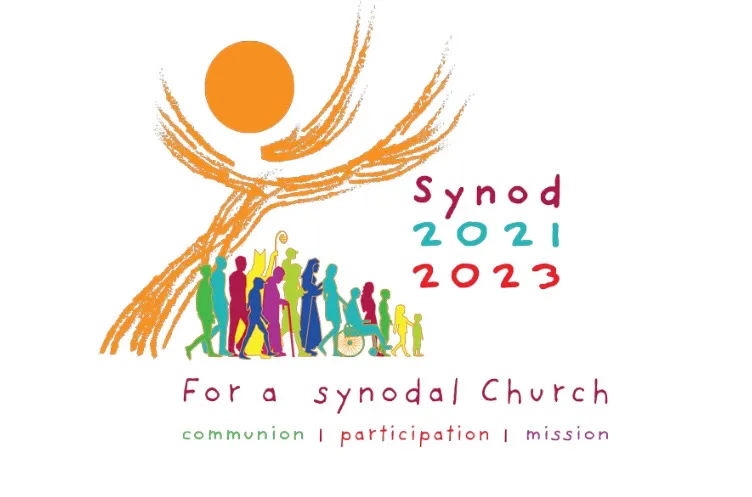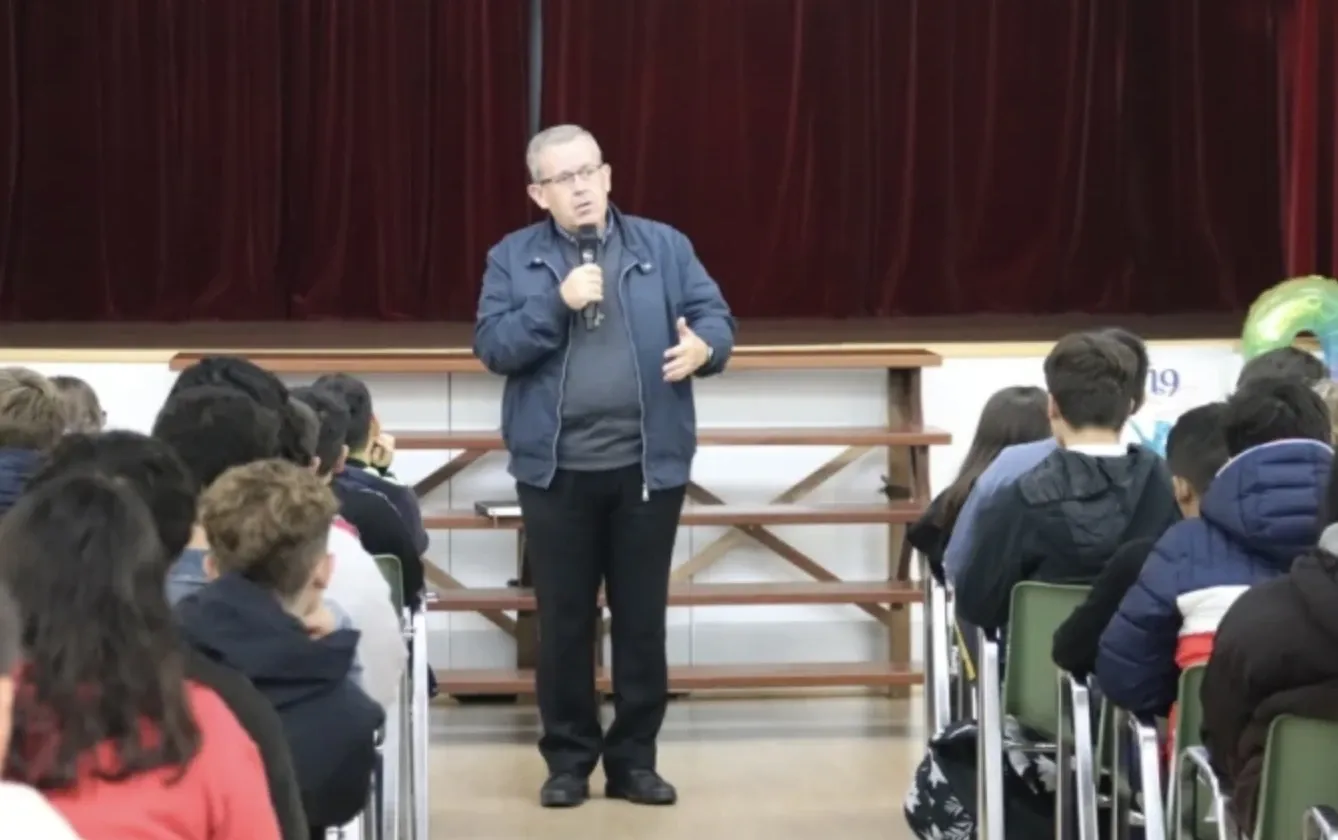But like many European countries, the practice of the Catholic faith has dwindled today with only 20% of Catholics in the Czech Republic saying that they attend Mass weekly, according to recently published data.
In his opening address Monday, Archbishop Jan Graubner of Prague reflected on the title of the synod working document that is serving as a launching point for the week’s discussions, “Enlarge the space of your tent.”
“If we are talking about a tent that reminds us of the journey of Israel across the desert, then let us recall that God himself was the safe guide of the Israelites. He made them feel safe. He was the good Father who takes care of his children while also educating them through severe punishment,” Graubner said.
“From the consultations I had, I got the impression that many people simply state their opinions but hardly ever listen to the voice of the Lord, namely, the voice of he who called us to his works, who revealed to us his plan of the kingdom of God — the plan mentioned in the Bible. His word is not just to be studied or meditated upon. It should be put to good use,” he told the synod participants.
The European Continental Assembly is one of seven synod continental assemblies occurring across the globe in February and March.
(Story continues below)
The European assembly is split into two parts. In the first part Feb. 5-9, laypeople and clerics together represented their countries in livestreamed discussions of what priorities and themes should be taken up in the Synod of Bishops meeting in Rome this fall.
Among the participants are three of the organizers of Germany’s “synodal way”: Irme Stetter-Karp, the president of the lay Central Committee of German Catholics; Thomas Söding, its vice president; and Bishop Georg Bätzing, who has served as the president of the synodal path since 2020.
A final document will be debated and approved on Feb. 9 based on 39 country presentations and working group discussions in the first half of the week.
Following these discussions, a second private meeting among 35 bishops, the presidents of each of Europe’s bishops’ conferences, will collectively review the document, listen to speeches by each of the bishops, and produce a second final document.
Each day of the synod includes Mass and moments of prayer between speeches, often accompanied by recordings of hymns or worship music submitted by different countries.
Cardinal Marc Ouellet offered Mass on Feb. 7 and preached on the sacrament of marriage between one man and one woman made in the image of God.
Ukrainians Greek Catholics led evening prayer on Tuesday night as the delegates from across Europe prayed for peace on their continent.
Delegations representing the Catholic communities in Ukraine and Russia are both taking part in the European Synodal Assembly.
Archbishop Paolo Pezzi and Father Stephan Lipke, SJ, traveled from Moscow to participate in the assembly. Two delegations are representing Ukraine — Archbishop Martin Kmetec is among the representatives of the Ukrainian Greek Catholic Church and three bishops are also listed as representing Latin Catholics in Ukraine.
The European delegates were also united in prayer for the victims of the earthquake in southern Turkey and northern Syria.
Father Antonio Ammirati, the spokesman for the Council of European Bishops’ Conferences organizing the assembly, read aloud a declaration on the earthquake by the participants in the assembly on Tuesday afternoon.
“The death toll is still on the rise and the destruction, and the suffering of the population have profoundly affected and touched our souls,” he said.
“With great sympathy, the Churches in Europe are close to the populations afflicted by the earthquake, renewing our prayers, and assisting in every possible way to deal with the emergency.”
Courtney Mares is a Rome Correspondent for Catholic News Agency. A graduate of Harvard University, she has reported from news bureaus on three continents and was awarded the Gardner Fellowship for her work with North Korean refugees.








